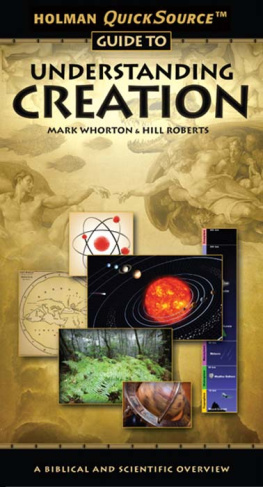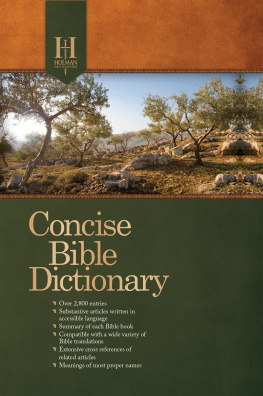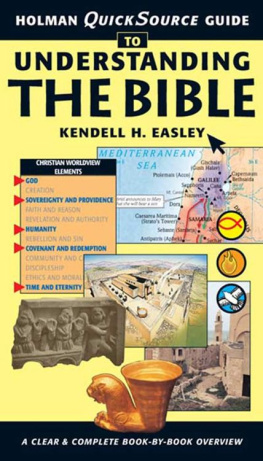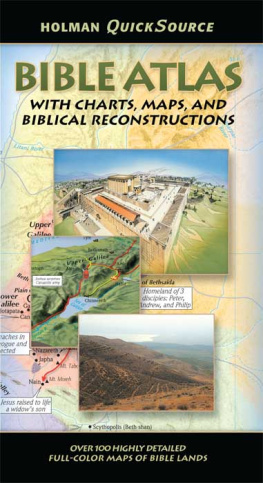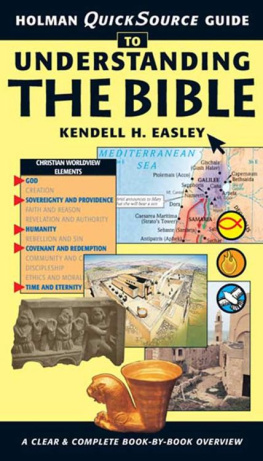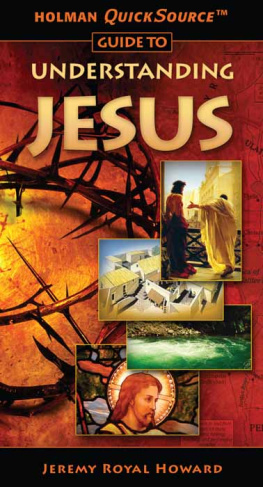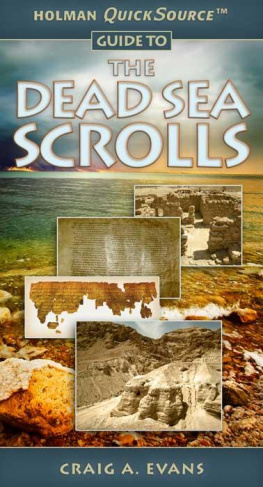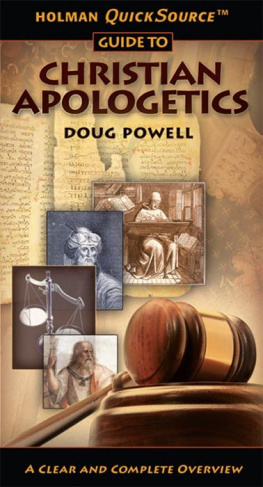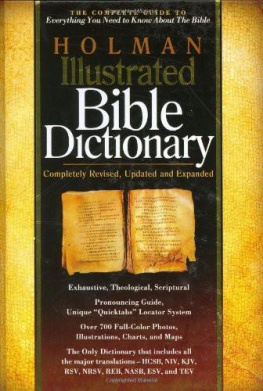



Dedicated to
Our wives and daughters for their love, patience, and support.
Mrs. Lee Whorton
Daughters Rachel, Anna, and Katelyn
Mrs. Carol Roberts
Daughters Melissa, Brooke, and Rachel
Table of Contents









Introduction
A clear and moonless sky filled with brilliant, twinkling stars. Laws of nature tuned with clockwork precision. Living cells packed with enough information to fill a vast library. Complex biochemical machinery engineered into the simplest forms of life. Abstract reasoning, language, and the arts. What do these have in common? Each is a testimony to the majesty of the Maker and an onerous burden to those who say, There is no God!
Never before have humans achieved such heights of knowledge about the world around us. As science peels back each layer of ignorance like the skin of an onion, we should gain a more profound sense of awe at the Creator's handiwork. Yet now more than ever Christians are faced with an apparent dilemma: is science the friend or foe of faith?

The heavens declare the glory of God, and the sky proclaims the work of His hands (Ps. 19:1). Photo: NASA.
On one hand the Bible teaches that the heavens declare the glory of God. From the very beginning God has revealed His invisible attributes through what He made. On the other hand critics insist that science proves there is no god. Consequently Christians are tempted to throw up their hands in despair, looking to the preacher for eternal life on Sunday and to the scientist for modern life on Monday. Is this really the way we must live?
Back to the Beginning
Far from a compartmentalized life where faith and reason do not interact, God intends for us to love Him with fully engaged minds (Matt. 22:37). Rather than leaping blindly after an irrational faith, we must base our faith on a reasonable, substantive foundation so we can give a solid defense for our faith. This foundation starts by understanding how everything began. After all, many of the toughest questions faced by believers and seekers today directly relate to the topic of creation:
Where did we come from and
how did we get here?
How do I know that God exists?
Can we trust Genesis?
Can we reconcile science with
the Bible?
As we face these tough questions, we can strengthen the foundation for our faith and develop a greater sense of wonder for our glorious Creator.
The Holman QuickSource Guide to Understanding Creation is designed for seekers who are looking for answers as well as Christians who want to understand more about creation. We believe that studying creation from the biblical and scientific perspectives helps establish a positive basis for the Christian faith while also highlighting significant weaknesses and errors in competing worldviews. But it's no easy task to study creation, for one must span a broad spectrum of disciplines including theology, ancient languages, and scientific disciplines ranging from astrophysics to zoology. Countless books have been written about the minutest aspects of creation. Such breadth and depth presents an imposing challenge to Bible students. Even scientists move quickly out of their specialty when studying the multifaceted subject of creation.
This QuickSource Guide simplifies the quest to understand creation by walking you through the scientific and theological issues while providing a thorough overview of each pertinent topic. This single resource provides a comprehensive overview of the theology and science of creation. It's your one-stop source for getting a good grasp on the issues and understanding the perspectives different Christians take as they try to arrive at a solid understanding of the biblical and scientific testimonies about creation.
The Importance of the Big Questions

Some Christians may think that faith means living with unanswered questions, and to some extent it does. Yet while biblical faith is an assurance of things not yet seen, it is never to be a blind or irrational faith. Christianity finds its uniqueness in its objective truth, not merely subjective sentimentality. The biblical message is set forth into the public marketplace of ideas and invites critical investigation. This openness to examination is important, for the heart cannot embrace beliefs or claims that the mind justifiably rejects.
In this book we take the approach that the inerrant biblical message about creation is foundational to our faith and that scientific truths about creation will not contradict the Bible.
It is by God's design that we think this way. He wants us to use the mental faculties He gave us. Indeed, we are instructed to test everything and hold on to the good (1 Thess. 5:21). In this book we take the approach that the inerrant biblical message about creation is foundational to our faith and that scientific truths about creation will not contradict the Bible. We also believe that understanding creation helps us answer the Big Questions that challenge our faith. Questions such as:
Who?
To separate truth and myth about the Creator, we will sift through ancient stories and modern discoveries about the beginning and the Beginner.
What?
To delve deeper into the Bible's story of what the Creator has done, we will survey the first three chapters of Genesis and other biblical creation accounts.
Why?
A study of the biblical doctrines linked to creation and the role of creation in God's eternal plan will help us gain an understanding of God's big plan for creation.
Next page
